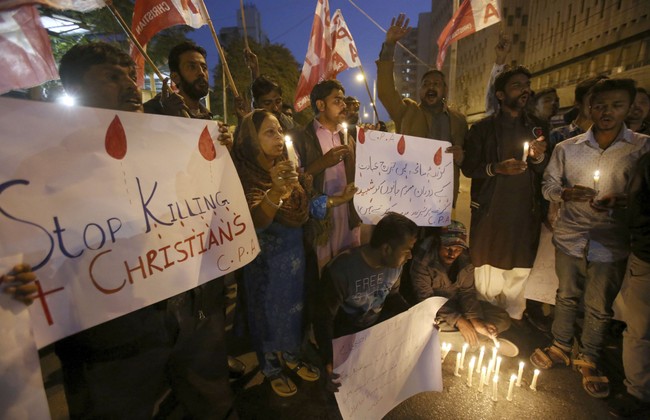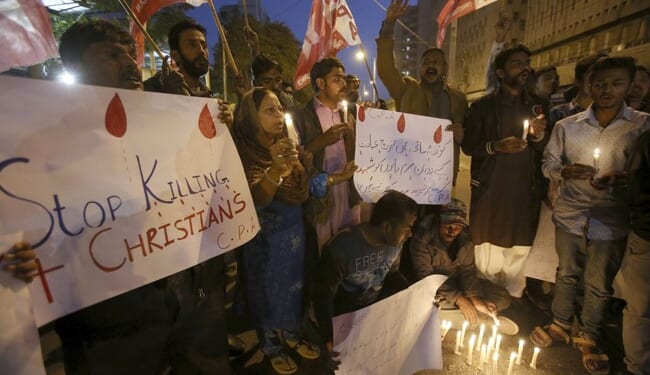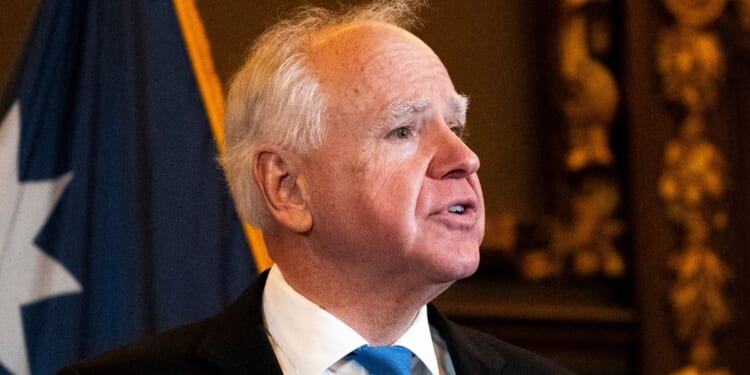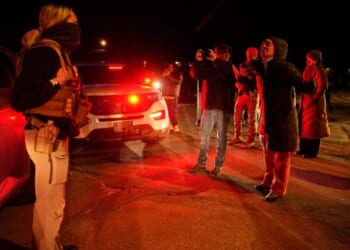
A pastor in Pakistan, acquitted of a false blasphemy charge, languished in prison for 13 years before tragically dying two days after his release, a rights group said.
Pastor Zafar Bhatti, the 62-year-old founder of the Jesus World Mission Church Ministry, died of cardiac arrest on October 5 at his home in Rawalpindi, Punjab Province, the British Asian Christian Association (BACA) announced.
Bhatti was released from the Adiala District Jail after the Rawalpindi Bench of the Lahore High Court overturned his blasphemy conviction by a sessions court on October 2. He was arrested in July 2012 when an Islamic cleric accused him of sending “disrespectful” text messages about Islam’s prophet, Muhammad.
Bhatti was not the only victim of Pakistan’s blasphemy laws. Hundreds are imprisoned on Islamic blasphemy charges. There is no penalty for making a false allegation of blasphemy.
Under Pakistan’s draconian blasphemy laws, anyone found guilty of insulting Islam can be sentenced to death. Christians are disproportionately targeted. While they only comprise 1.8% of the population, about a quarter of all blasphemy allegations are made against Christians. In many instances, the accused are murdered by mobs before legal proceedings can begin.
In June 2024, for instance, a tourist was dragged from a police station and murdered by a mob in north-west Pakistan after being accused of blasphemy. Video of the incident shows the man’s body being paraded through the streets and then set alight.
Pakistan’s blasphemy laws are often used to exploit vulnerable people and religious minorities. According to HRW,
“Accusers have long used blasphemy charges to incite mob violence that has forced entire communities to flee their homes, leaving their property vulnerable to land grabs. Those seeking to exploit the law for their own profit have used blasphemy accusations as a weapon against rivals and businesses owned by religious minorities.”
According to a 2023 report by the United States Commission on International Religious Freedom (USCIRF), “blasphemy accusations, whether true or false, often lead to lengthy prison sentences on death row and solitary confinement.”
Since 1987, more than 2,000 people have been accused of blasphemy laws. Nearly 100 people have been lynched to death while dozens remain on death row, according to USCIRF.
In a recent case, a court in northwestern Pakistan has sentenced four men to death for allegedly posting sacrilegious materials about the Quran and Islamic figures. On January 25, Tariq Ayub, a judge in Rawalpindi, sentenced the four to death by hanging. They were also fined more than $16,000.
According to a 2019 report by USCIRF:
Pakistanis, including children and the mentally ill, have been formally charged with blasphemy for a myriad of alleged reasons, including: inflicting physical damage on the Qur’an or other Islamic religious text, even if unintentional; sending and receiving text messages, sometimes unsolicited, which are later deemed insulting to the Prophet Muhammad or the Islamic faith; translating and uploading content to personal blogs and non-Muslim websites or writing Facebook posts deemed to be insulting to the Islamic faith; and making comments in personal conversations that witnesses attest to be blasphemous in nature.
Meanwhile, in 2023, Pakistan’s National Assembly unanimously voted to expand the country’s laws on blasphemy. The new law now extends the punishment to those deemed to have insulted the prophet’s companions (which could include thousands of Muslims) with 10 years in prison or life imprisonment.
Historically, attempts to reform Pakistan’s blasphemy laws were quickly shut down by violent protests from radical Islamic groups. For instance, this past July, Christians and other minorities in Pakistan were dealt a blow after an investigation into the misuse of the country’s blasphemy laws was suspended, reported Open Doors.
Justice Ishaq Khan of Islamabad’s High Court ordered the government to open an investigation into the law’s abuse. It came after a confidential police report titled “The Blasphemy Business” exposed criminal networks that had falsely accused young people of blasphemy for financial gain.
The report revealed that fake social media accounts lured young men into conversations involving blasphemous content, trapping hundreds of victims whose parents were then forced to pay bribes to have police charges dropped.
The rackets have snared over 450 victims since 2021, according to an investigation by Pakistan’s Human Rights Commission. Lawyers representing families have documented arrests, disappearances, and evidence of torture in police custody.
News of the investigation was met with relief and hope by Christians and other minorities, but they have since been dashed following an intense backlash.
Media outlets reported that members of the Islamist Tehreek-e-Labbaik Pakistan Party were publicly attacking the ruling, and they used angry language to rally opposition to it. Meanwhile, lawyers acting for the Jamiat Ulema-e-Islam Party were reported to be in court challenging the order. On July 24, amidst fears of hostility turning violent, Justice Khan’s order was suspended.
Today, many Muslim-majority nations still have anti-blasphemy laws. Countries such as Pakistan, Iran, Brunei, and Mauritania all impose capital punishment for insulting Islam and its prophet Muhammad. Around 96% of Pakistan’s population is Muslim.
In the decades since Pakistan’s partition from India in 1947, repeated military coups solidified Pakistan’s identity as an Islamic state. For example, in 1977, following a military coup, General Muhammad Zia-Ul-Haq became Pakistan’s premier. He ruled for 10 years until his death. Soon after taking office, he started the process of passing new laws and changing existing ones to conform to Islam. Material deemed un-Islamic in nature was expunged from libraries and school textbooks. New high school biology textbooks taught Islamic creationism in their introductory chapters, something that remains part of the regular curriculum in most Pakistani schools.
The full Islamization of Pakistan has led to the systematic persecution of religious minorities. On August 16, 2023, for instance, blasphemy allegations (that have since been proven false) against two Christian residents of Jaranwala in Faisalabad District (Punjab Province) led to a mob destructively vandalizing churches and Christian houses, leading to the displacement of dozens of Christian families. Damage was done to at least 24 churches, scores of Christian homes, church halls, priests’ houses, and even Christian gravestones.
Two years after this atrocity, the district’s local bishop said not one of the thousands of suspects had been brought to justice. Bishop Indrias Rehmat said Christians in the Jaranwala District want to “shout and scream” in outrage at the apparent failure to deliver justice.
His comments came two months after Faisalabad’s Anti-Terrorism Court acquitted all 10 people accused of burning one of the churches. Of the 5,213 people accused in connection with the atrocity, more than 380 people were arrested, many of whom were released on bail. As of yet, there have been no convictions, reported the organization Aid to the Church in Need.
As accusations of blasphemy continue to upend lives, the Christian community is finding it difficult to pick up their lives and move on. Tariq Bashir, a Christian resident in Jaranwala, told Amnesty International: “The mental anguish of the Jaranwala incident is such that even today, a year later, our children start trembling when someone mentions it in front of them.”
Pakistan is a country where anyone – particularly members of religious minorities – can be accused of blasphemy and murdered even before legal proceedings start. For decades, blasphemy accusations have had devastating consequences for those affected. Both the government and courts have failed to prevent this extreme persecution or bring to account the accusers and perpetrators. Religious minorities in Pakistan thus continue to live in fear. This is the type of barbarity that the West is not only enabling by empowering the Pakistani regime but also importing to Western nations through mass Muslim immigration.
Editor’s Note: The Schumer Shutdown is here. Rather than put the American people first, Chuck Schumer and the radical Democrats forced a government shutdown for healthcare for illegals. They own this. Help us continue to report the truth about the Schumer Shutdown. Use promo code POTUS47 to get 74% off your VIP membership.








